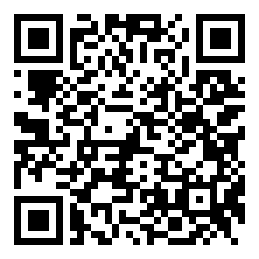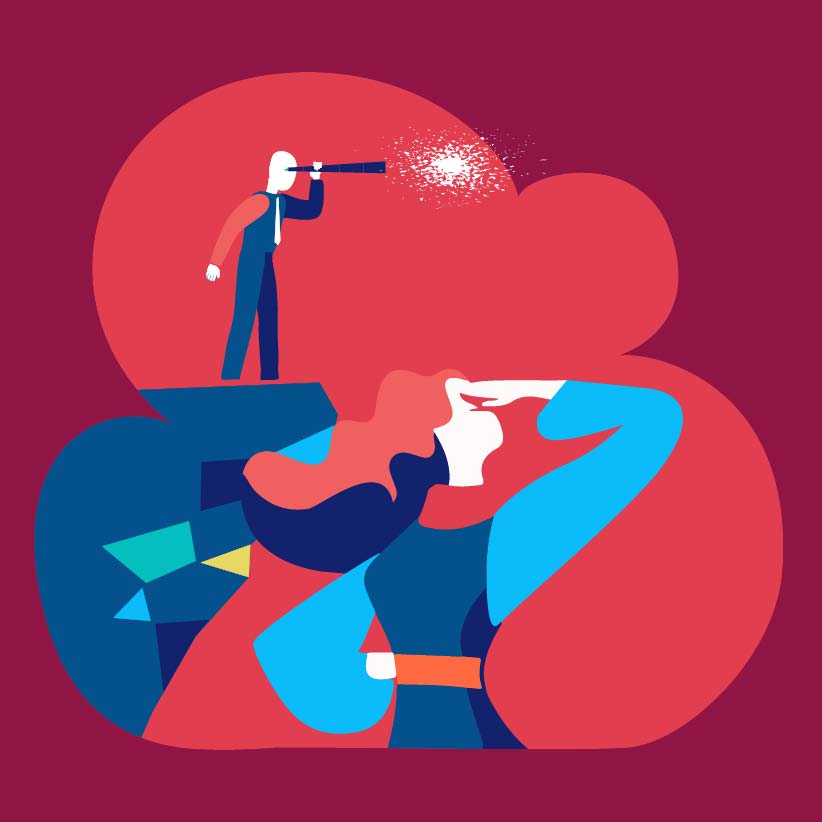Usage and Brand
Can we design to unbrand instead of branding? It'd be convenient to «self-design» ourselves through our own ways of using, without others marking us with their ways of design.
Featured Contribution
- Comments:
- 0
- Votes:
- 1
- ES
Charlemagne was king of the Franks. He lived between 742 and 814. He built an empire with a name of its own: the Carolingian empire. Aided by exceptional historical circumstances and with the help —or subjugation— of thousands of people (one of the tricks of official heroic tradition is to reduce crowds to anonymity and turn civilization's achievements in solitaire superchampions' deeds). Now, at their domains' borders, Charlemagne and his advisors instituted protecting territories named «marks». These were military-political jurisdictions that occupied territorial stripes between places where the Empire had a solid authority and uncertain borders; therefore, they functioned as a protection against invaders. Leading these jurisdictions there were some feudal lords called marquis. A mix of warchiefs, mayors and tax collectors, marquis protected and exploited the shires under their command; more the latter than the former, as vassals weren't supposed to think, but to obey.
How do you relate to yourself and to your craft? It its 1999 book, Culture Jam, graphic designer and Estonian activist Kalle Lasn, points out that brand cult members (and many of us are in some degree) speak a kind of lingo or corporate esperanto which introduce ideas taken from television and mass advertising. I don't know about you, but I'm upset with the idea of being recruited, caught in trends, confined, tamed and configured through behavioural patterns. I confess I don't like Branding. With a few exceptions, I feel visceral distrust towards names, logos, slogans and design schemes turned into products and services. Lots of them are pure corporate cult, religions disguised of businesses.
I agree with Lasn: the first commandment of a cult is «You shall not think». Free thinking will break the trance and open the gates to competition. It can lead to doubt, to switching providers or to run to the nearest exit. By the way, «brand», in its etymology is connected to «burn», and it fact refers to «mark with hot iron». I don't know about you, but I'm anguished about being permanently marked, even more if it takes place in my mind. I evoke here some ideas Belgian philosopher Raoul Vaneigem wrote in its 1967 book, The Revolution of Everyday Life. In its 20th chapter, under the sublime title of «Creativity, spontaneity and poetry», Vaneigem remarks that humans are in a constant state of creativity, twentyfour hours a day, and th notion of true liberty is inseparably bound to individual creativity. When the creative flame of the crowd is constrained to giving up to mass production and organized consumption mythology, image lives while imagination dies.
Of course, we all require once in a while a product, but we clean ourselves with soaps more than with brands, we travel in automobile more than in brandmobiles. We seat more in seats than in logoseats. In Vaneigem's theory, spontaneity is creativity's way of existence and it's expressed in the intense experience of free subjectivity. Spontaneity is precondition to the game-changer poetry. What's qualitative exists where creative spontaneity is manifest. Poetry is the act that creates new realities.
Precisely, a revolution in everyday's life implies to reassume the construction of the world, allow every one to make use of its right to star, o at least co-star material culture. That escaping the script feels good. Perhaps there is life beyond Christ(brand)mas that now, at least in Colombia, starts every October 31st (should we call December 24th the 54th?). We can choose which day we love the mother, the father, the mountebank, the aerialist or whoever we want. Much is debated about the universal principle of equitative design for usage, but sometimes just an oppressive creative mediation arises, a non-equal brand design (when not of vedette author for abuse).
There are designers that, as feudal marquis, want to brand everything and everyone everywhere, but there are also emancipating designers that instead of branding want to unbrand us: at times I challenge being defined by foreign illusions. Sometimes, when I think that there is life and design beyond businesses, I'm overwhelmed by disillusion towards so many apparent «limited choices», towards so many preselected, prebuilt experiences. What's the point in a couple of weeks of «free» vacations as an escapist pretext if the other fifty-more are a prodigy of tedious, stressful life? Please, a bit less of stereotyped soap operas and «unique», «original» and «exclusive» articles (already owned by millions of «unique»,«original» and«exclusive» people). Is it too much to ask for products whose social insertion doesn't use hypnotic messages? Recur less to maniac polls; less to political scandals; less to erotic ads; less to neurotic reports. I propose this, my friends, once in a while, design products that allow me to mark my usage, instead of using your brand. Designers, could you, once in a while, give us less brand?
Sometimes we just want to enjoy the usage.
Boost your career
Don’t just stop at reading. Discover our updating and specialization programs to take your professional profile to the next level.
View Academic OfferShare
Please value the editorial work by using these links instead of reproducing this content on another site.

Spanish version originally published in Proyectodiseño magazine, 65th edition, pages (59 - 60), year 2010.
Topics covered in this article
What do you think?
Your perspective is valuable. Share your opinion with the community in the discussion.
Comment now!



